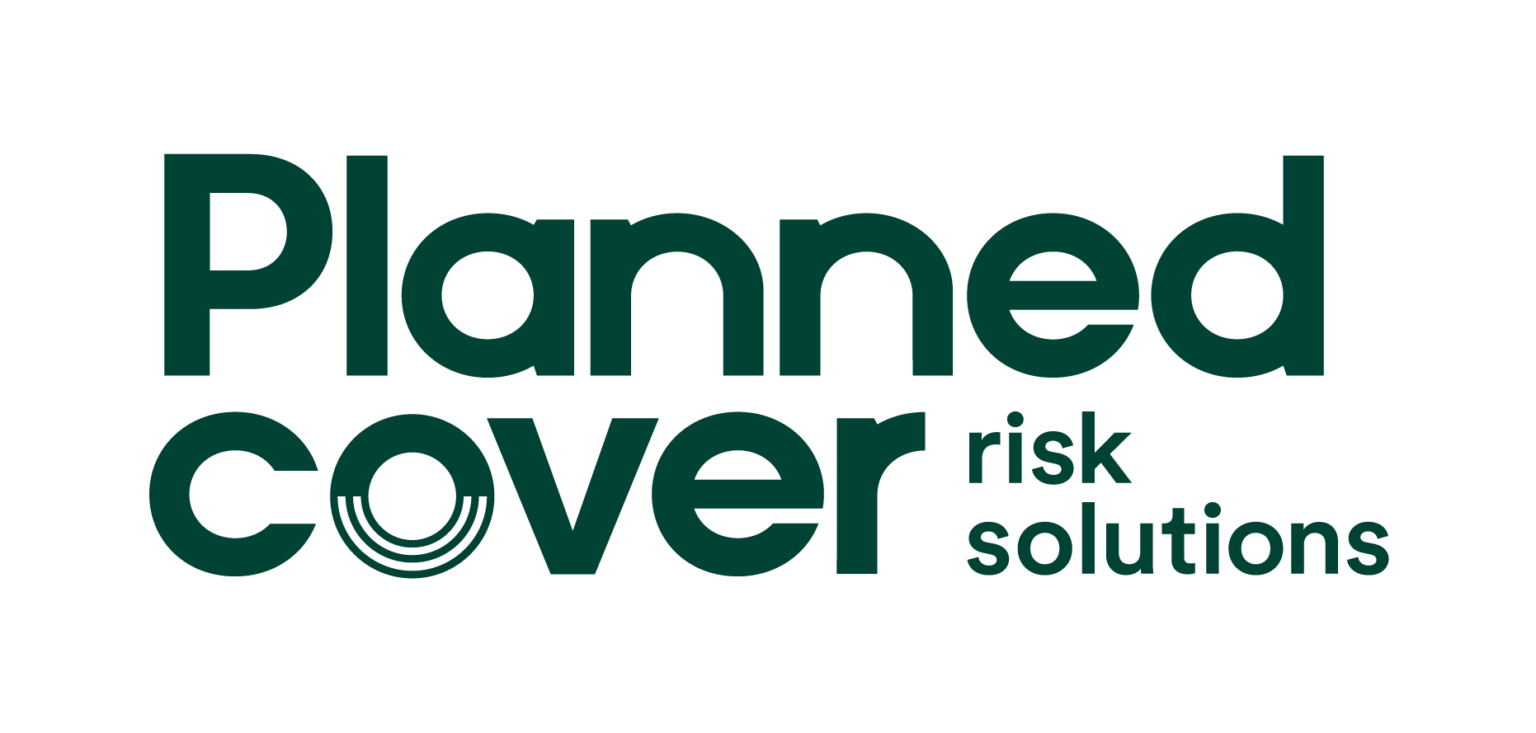Clarke Hopkins Clarke has been a proud B Corp since 2016, integrating ethical practices, sustainability and a healthy workplace culture into the everyday running of the business. Practice Director Courtney Smith and Quality Manager Anna James discuss the logistics, benefits and shared sense of purpose that come with being part of the global B Corp movement.
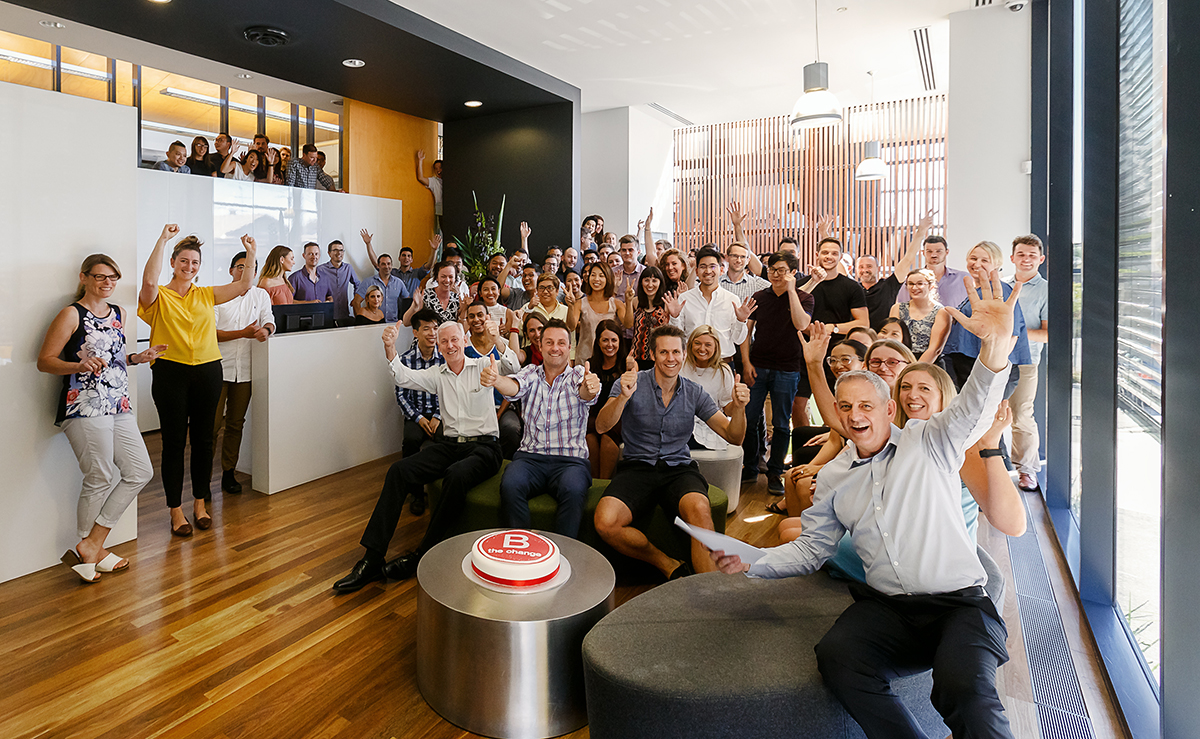
Motivations and values
Anna James (AJ): We became a B Corp because we recognised it aligned with our values. For-profit firms often face pressure to forgo social and environmental goals in favour of maximising profits. Being a B Corp is about finding ways to ensure equal opportunities for all, from diversity of staff to ownership structures and engagement of third-party suppliers. We believe businesses can be both profitable and ethical and we’re proof that it works.
The certification process
AJ: We undertook a BImpact Assessment that dived deep into six areas of our business operations. This gave us a clear picture of where we could improve. Some of this involved formalising what we were already doing with clear policies and improved procedures. In other areas we had to reassess to see if there was a better way we could do something to benefit our environment, community or employees while still making a profit.
The challenge of certification involves constantly reviewing and improving on previous certifications. We find the best way to do this is to incorporate the principles of the B Corp standards into the everyday running of the practice, so they become part of our business priorities. When we’re reviewing our business direction, we never solely look at our profit margins. We’re driven to improve our ESG and grow in an ethical way, where we know we’re doing good for the community, the environment and our employees. Our practice mission is Impact Tomorrow, and this is a really tangible way of holding ourselves accountable to that.
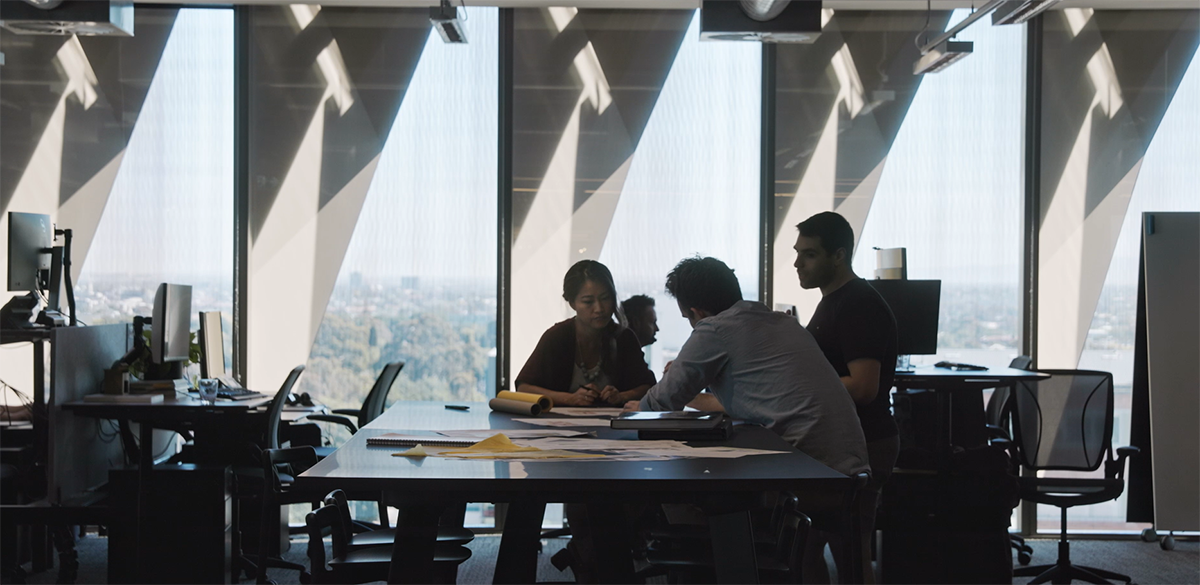
Tangible and intangible benefits
Courtney Smith (CS): B Corp certification delivers on our strategic commitment to using our business as a force for good. It has provided a clear framework to measure and enhance our social and environmental impact and hold ourselves to a high standard. It makes us accountable for our choices.
Being a B Corp since 2016 has opened up new opportunities for collaboration with like-minded organisations and clients who value sustainability and ethical practices. While we have experienced tangible benefits like increased credibility, a stronger brand identity and enhanced trust with our internal team and external stakeholders, we are equally confident that there are many intangible benefits at play. These include a deeper sense of purpose and alignment within our team, and a more robust network of relationships built on shared values. The feeling of being part of a larger movement working towards positive change has also enriched our practice culture.
Timeframes and necessary changes
CS: The process took about 10 months, from commitment to certification. We were new to the process, so we didn’t have set timeframe expectations. It was important to us that we gave it the necessary time and energy. The extensive evaluation required made us thoroughly assess our operations and practices, which ultimately led to more meaningful changes and consideration for future direction and strategy for the business.
At the time of certification we had a number of foundational strategies, policies and approaches that aligned with B Corp standards, so primarily it was about elevating these. We focused our efforts on expanding and refining what was already in place, applying a fresh, robust lens to raise it to the highest standard. Operationally we improved our sustainability practices and culturally we enhanced inclusivity through employee engagement strategies.
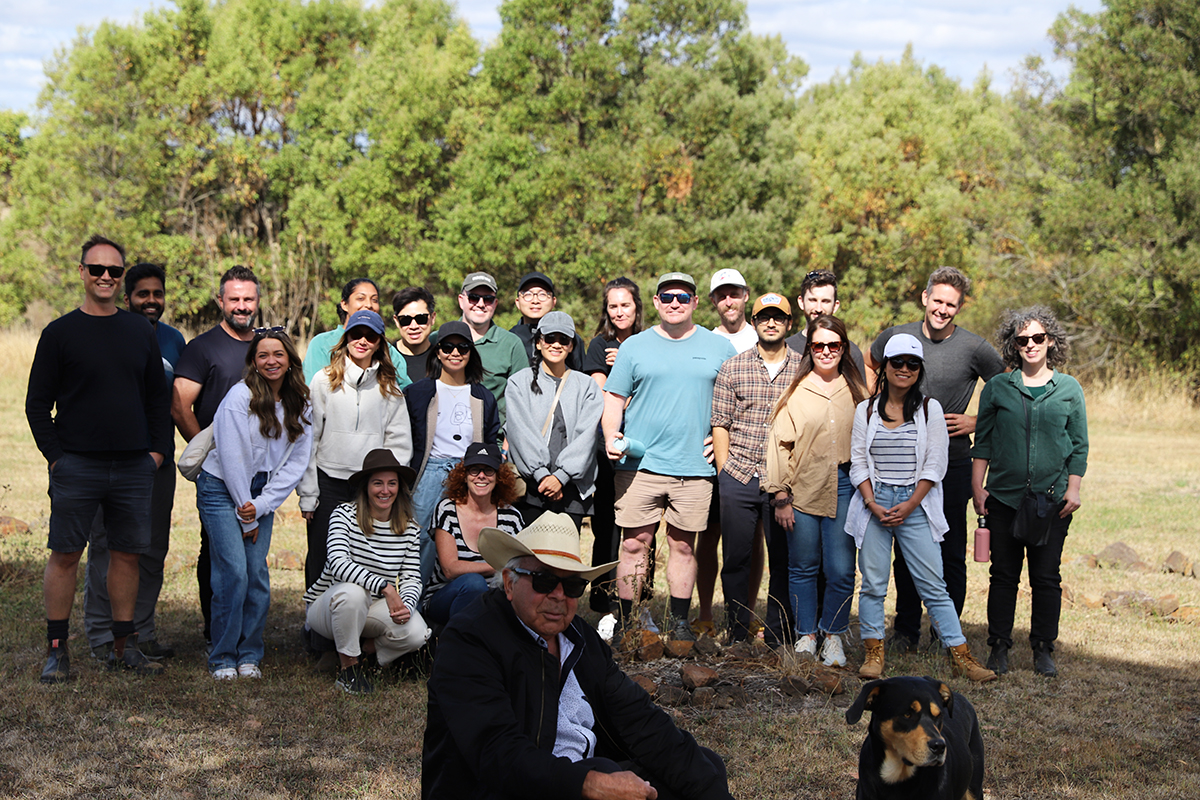
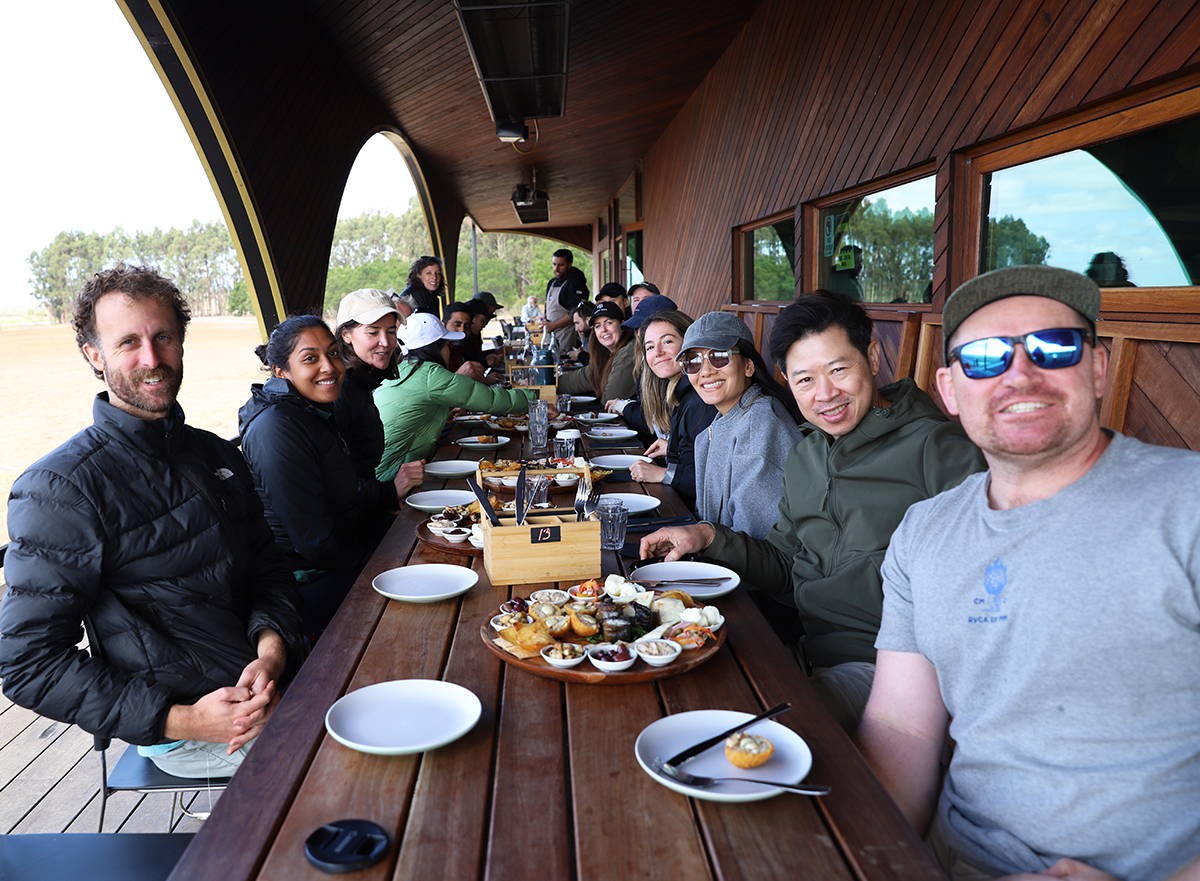
Advocacy, sustainability and a future-focused move
CS: In 2021 we relocated to the Melbourne Connect innovation precinct, which complemented our practice mission to collaborate with other future-focused organisations to make a positive impact in communities through architecture and design. As a Property Council A Grade building with world leading ESD credentials, it aligned with our operational objectives as a B Corp, and as a certified carbon neutral organisation to reduce our environmental footprint. To help our team transition to a precinct with deliberately little car parking, we initiated a green travel plan. It provided lots of information, options and incentives supporting people to take public transport, ride or walk. Lots of the team took that up, reducing our footprint even further.
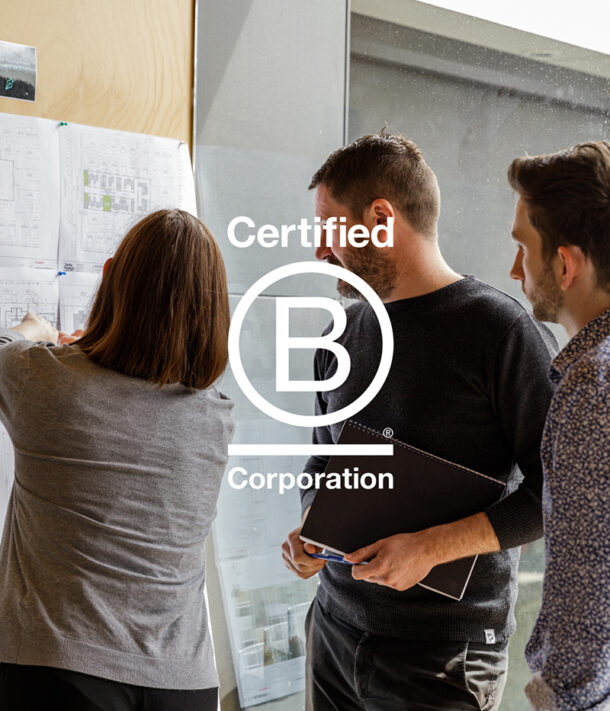
We have done quite a lot of industry advocacy around ESG and the benefits of being an independently certified B Corp, including speaking at events and to media. Often we’ve used B Corp month to focus on specific issues. For example, we created a CHC War on Waste video that raised awareness and addressed “wishful recycling” with clear messaging and signage.
AJ: On projects we’ve increased our focus on sustainability since becoming a B Corp, and assembled a passionate group around our Sustainability Action Plan. We’ve also formalised policies and procedures around employee benefits, flexible work and parental leave.
Re-accrediting every three years helps us keep pushing ourselves with new goals and targets. In future we’ll be looking into a range of things, from incorporating social and environmental decision-making into job descriptions, to policies and practices aimed at increasing recruitment and procurement from underrepresented populations and people with chronic barriers to employment.
Clients, collaborators and community
CS: B Corp certification has positively impacted our relationships. It has helped us to understand the clients that are in alignment with our principles and start to shift towards working with more clients who prioritise meaningful and impactful outcomes for their projects. Overall, B Corp status has not only validated our commitment to responsible business practices but has also enriched our professional relationships and community contributions.
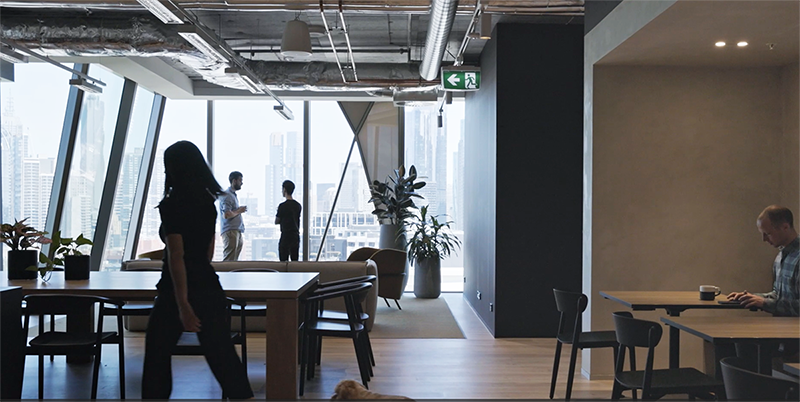
Clarke Hopkins Clarke is an interdisciplinary practice of 180 with studios on Wurundjeri Country in Melbourne and Gadigal land in Sydney. CHC designs with communities for social connection, resilience and holistic sustainability. Projects span health, education, multi-residential, mixed-use, community and seniors. CHC is passionate about community engagement and co-design, designing with Country, adaptive reuse, regenerative urban renewal, and inclusive communities. The practice is certified carbon neutral.
















